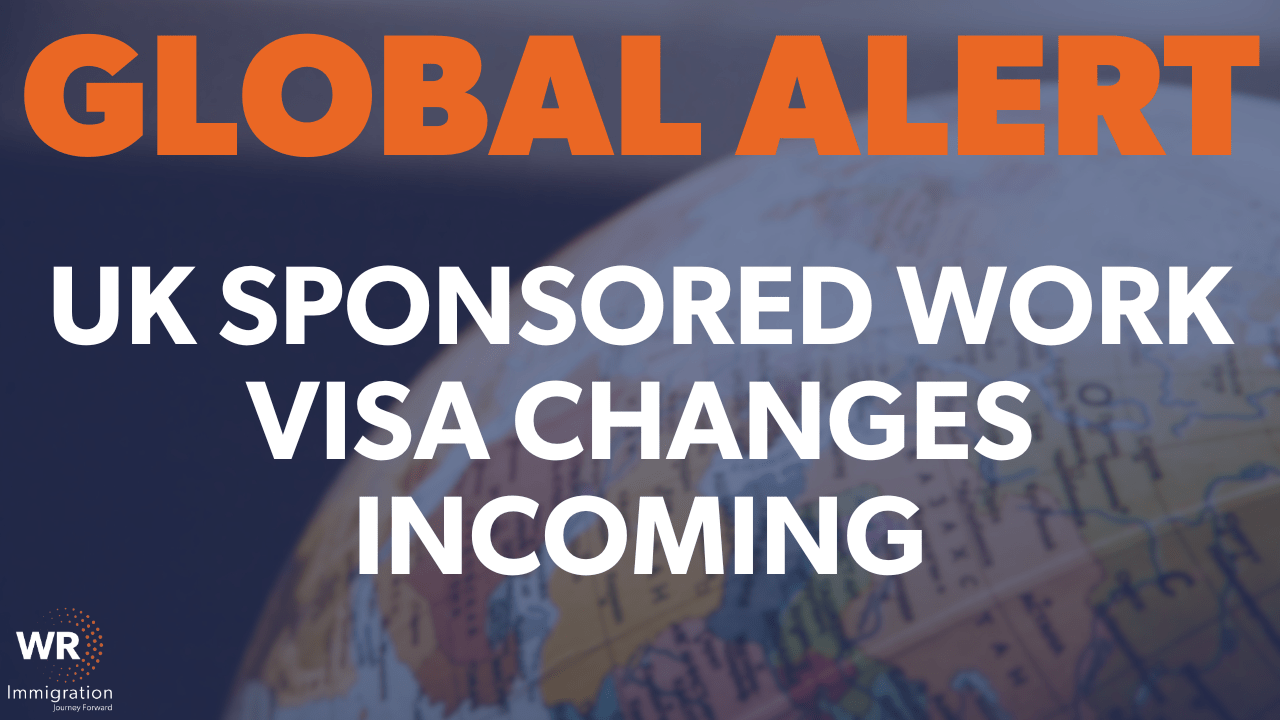The Home Office has confirmed that significant changes to the Skilled Worker immigration route, along with other sponsored work categories, will be implemented beginning on July 22, 2025. These updates were first announced in the Government’s immigration White Paper back in May. Not all of the White Paper proposals are being enacted at this time; however, employers and prospective applicants should be aware of the following key changes.
Skill Threshold to Rise to RQF Level 6
The skill requirement for Skilled Worker visas will increase from Regulation Qualifications Framework (RQF) Level 3 (A-level equivalent) to RQF Level 6 (degree level). This means that more than 100 occupations currently eligible under RQF 3–5 will no longer qualify for sponsorship after July 22, 2025 – only those occupations which meet the RQF Level 6 threshold will remain eligible. Some exceptions will apply, such as roles listed on the Immigration Salary List or the newly introduced Temporary Shortage Occupation List; both lists are subject to periodic review.
Importantly, individuals already in the Skilled Worker route are not required to meet the new RQF Level 6 threshold – the new rules apply to new applicants only. Those currently on Skilled Worker visas can continue to renew their visas, switch sponsors and take supplementary employment in lower-skilled roles.
Additionally, applications submitted before July 22, 2025, will be assessed under the current rules, as will Certificates of Sponsorship (CoS) assigned to applicants prior to this date, where relevant.
Salary Threshold Increases
The following minimum salary thresholds will apply to all new and renewal applications starting on July 22, 2025:
| Category | Current Minimum | New Minimum |
| Skilled Worker (General threshold) | £38,700 | £41,700 |
| Global Business Mobility | £45,800 | £52,500 |
| PhD STEM roles/Immigration Salary List | £34,830 | £37,500 |
| New Entrant Route | £30,960 | £33,400 |
| Pre-April 2024 extensions | £29,000 | £31,300 |
| Minimum hourly rate | £15.88 | £17.13 |
Note: In some cases, the Standard Occupational Classification (SOC) Code minimum salary threshold will be higher than the category minimum and vice versa – in all cases, the higher number must be paid.
Employers are encouraged to take the following actions:
- Review current and future roles to confirm eligibility under new skill and salary thresholds;
- Assign Certificates of Sponsorship for pending applications before July 22, 2025, in order to benefit from the current rules;
- Plan for adjusted salary structures as needed to remain compliant with updated minimums; and
- Re-evaluate hiring strategies, particularly for roles that will fall outside of RQF Level 6 and are not on the Temporary Shortage List/Immigration Salary List and must therefore be hired from the local workforce.
Please note that the Government has yet to announce any changes to the requirements for Indefinite Leave to Remain (ILR) status outlined in the White Paper.


